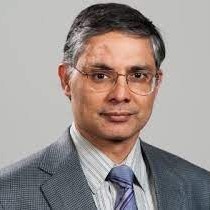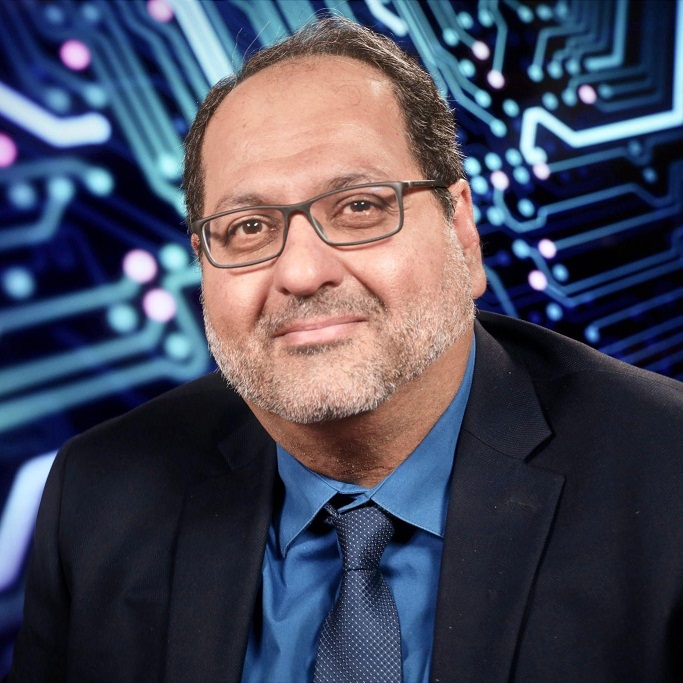
Aalto University, Espoo, Finland
Submission deadline (extended): April 15, 2022
Notification of Acceptance: May 02, 2022
Camera ready manuscript due: May 16, 2022 (firm)
Call for Papers: https://www.yama.info.waseda.ac.jp/bits2022/
Submission deadline (extended): April 15, 2022
Notification of Acceptance: April 30, 2022
Camera ready manuscript due: May 16, 2022 (firm)
Call for Papers: http://ssc2022.unime.it
Submission deadline (extended): April 15, 2022
Notification of Acceptance: April 25, 2022
Camera ready manuscript due: May 16, 2022 (firm)
Call for Papers: http://smartsys2022.dii.unipi.it/
Submission deadline (extended): April 15, 2022
Notification of Acceptance: April 30, 2022
Camera ready manuscript due: May 16, 2022 (firm)
Call for Papers: http://c-smagr.santannapisa.it/
The workshop day (Monday, June 20, 2022) starts at 8:45 (Helsinki).
 Federica Matteoli
Food and Agriculture Organization of the United Nations
Federica Matteoli
Food and Agriculture Organization of the United Nations
|
About the speaker
Abstract
|
The future of smart service systems is changing with the proliferation of a multitude of autonomous systems and services such as autonomous driving, precision agriculture, food and nutrition services, smart home and remote healthcare to name a few. To fully realize the fullest extent of these smart services and systems, a conglomeration of techniques such as AI and ML with resilient communications and control, reliability, and autonomy is of utmost importance. This panel will discuss recent advances and future research directions in AI and autonomy for autonomous systems and services.
Moderator
 Dr. Gurdip Singh
Division Director, Computer and Network Systems
CISE Directorate
National Science Foundation
Dr. Gurdip Singh
Division Director, Computer and Network Systems
CISE Directorate
National Science Foundation
|
Dr. Gurdip Singh is the Division Director for Computer and Network Systems in the CISE Directorate at National Science Foundation. He is currently on leave from Syracuse University where he was the Associate Dean for Research and Graduate Programs of the College of Engineering and Computer Science. He previously served as Program Director in the Division of Computer and Network Systems in the CISE Directorate at NSF from July 2014 to August 2016. From 2009 and 2014, he was the Head of Computer Science Department at Kansas State University, and Graduate Program Director from 2006 to 2009. Dr. Singh earned his MS and PhD degrees in Computer Science from SUNY, Stony Brook in 1989 and 1991 respectively, and his B. Tech degree in Computer Science and Engineering from IIT Delhi in 1986. His research and teaching interests include real-time embedded systems, sensor networks, network protocols and distributed computing. |
 Prof. Ness Shroff
Ohio Eminent Scholar in Networking and Communications
Chaired Professor of ECE and CSE
Ohio State University
Prof. Ness Shroff
Ohio Eminent Scholar in Networking and Communications
Chaired Professor of ECE and CSE
Ohio State University
|
Dr. Ness Shroff received the Ph.D. degree in electrical engineering from Columbia University in 1994. He joined Purdue University immediately thereafter as an Assistant Professor with the School of Electrical and Computer Engineering. At Purdue, he became a Full Professor of ECE and the director of a university-wide center on wireless systems and applications in 2004. In 2007, he joined The Ohio State University, where he holds the Ohio Eminent Scholar Endowed Chair in networking and communications, in the departments of ECE and CSE. He currently serves as the Institute Director of the NSF AI Institute for Future Edge Networks and Distributed Intelligence (AI-EDGE. He holds or has held visiting (chaired) professor positions at Tsinghua University, Beijing, China, Shanghai Jiaotong University, Shanghai, China, and IIT Bombay, Mumbai, India. He has received numerous best paper awards for his research and is listed in Thomson Reuters’ on The World’s Most Influential Scientific Minds,and has been noted as a Highly Cited Researcher by Thomson Reuters in 2014 and 2015. He currently serves as the steering committee chair for ACM Mobihoc and Editor in Chief of the IEEE/ACM Transactions on Networking. He received the IEEE INFOCOM Achievement Award for seminal contributions to scheduling and resource allocation in wireless networks. |
 Prof. Yiran Chen
Department of Electrical and Computer Engineering
Department of Computer Science
Duke University
Prof. Yiran Chen
Department of Electrical and Computer Engineering
Department of Computer Science
Duke University
|
Dr. Yiran Chen received B.S (1998) and M.S. (2001) from Tsinghua University and Ph.D. (2005) from Purdue University. After five years in industry, he joined University of Pittsburgh in 2010 as Assistant Professor and then was promoted to Associate Professor with tenure in 2014, holding Bicentennial Alumni Faculty Fellow. He is now the Professor of the Department of Electrical and Computer Engineering at Duke University and serving as the director of the NSF AI Institute for Edge Computing Leveraging the Next-generation Networks (Athena), the NSF Industry–University Cooperative Research Center (IUCRC) for Alternative Sustainable and Intelligent Computing (ASIC), and the co-director of Duke Center for Computational Evolutionary Intelligence (DCEI). His group focuses on the research of new memory and storage systems, machine learning and neuromorphic computing, and mobile computing systems. Dr. Chen has published 1 book and about 500 technical publications and has been granted 96 US patents. He has served as the associate editor of more than a dozen international academic periodicals and served on the technical and organization committees of more than 60 international conferences. He is now serving as the Editor-in-Chief of the IEEE Circuits and Systems Magazine. He received eight best paper awards, one best poster award, and fourteen best paper nominations from reputable international conferences and workshops such as MICRO, KDD, DATE, SEC, etc. He received numerous awards for his technical contributions and professional services such as IEEE Computer Society Edward J. McCluskey Technical Achievement Award, ACM SIGDA Service Award, etc. He is a Fellow of the ACM and IEEE and now serves as the chair of ACM SIGDA. |
 Prof. Franco Zambonelli
Department of Computer Science
University of Modena and Reggio Emilia
Prof. Franco Zambonelli
Department of Computer Science
University of Modena and Reggio Emilia
|
Dr. Franco Zambonelli is full professor of Computer Science at the University of Modena and Reggio Emilia. He got his PhD in Computer Science and Engineering from the University of Bologna in 1997. His research interests include: pervasive computing, multi-agent systems, self-adaptive and self-organizing systems, with applications to healthcare and smart cities. He has published over 130 papers in peer-review journals, and has been an invited speaker at many conferences and workshops. He is in the editorial board of the ACM Transactions on Autonomous and Adaptive Systems, Springer-Nature Computer Science Journal, IEEE Society and Technology Magazine, the BCS Computer Journal, the Journal of Pervasive Computing and Communications. He has been scientific manager of the EU FP6 Project CASCADAS and coordinator of the EU FP7 Project SAPERE and of the PRIN 2017 Project Fluidware. He is ACM Distinguished Scientist, member of the Academia Europaea, IEEE Fellow, and has been recipient of the 2018 IFAAMAS Influential Paper Award. |
 Roberto Rossi
Thales Italia S.P.A.
Roberto Rossi
Thales Italia S.P.A.
|
About the speaker
Abstract
|
| Design by Mike Pierce | © Conference Organizers |